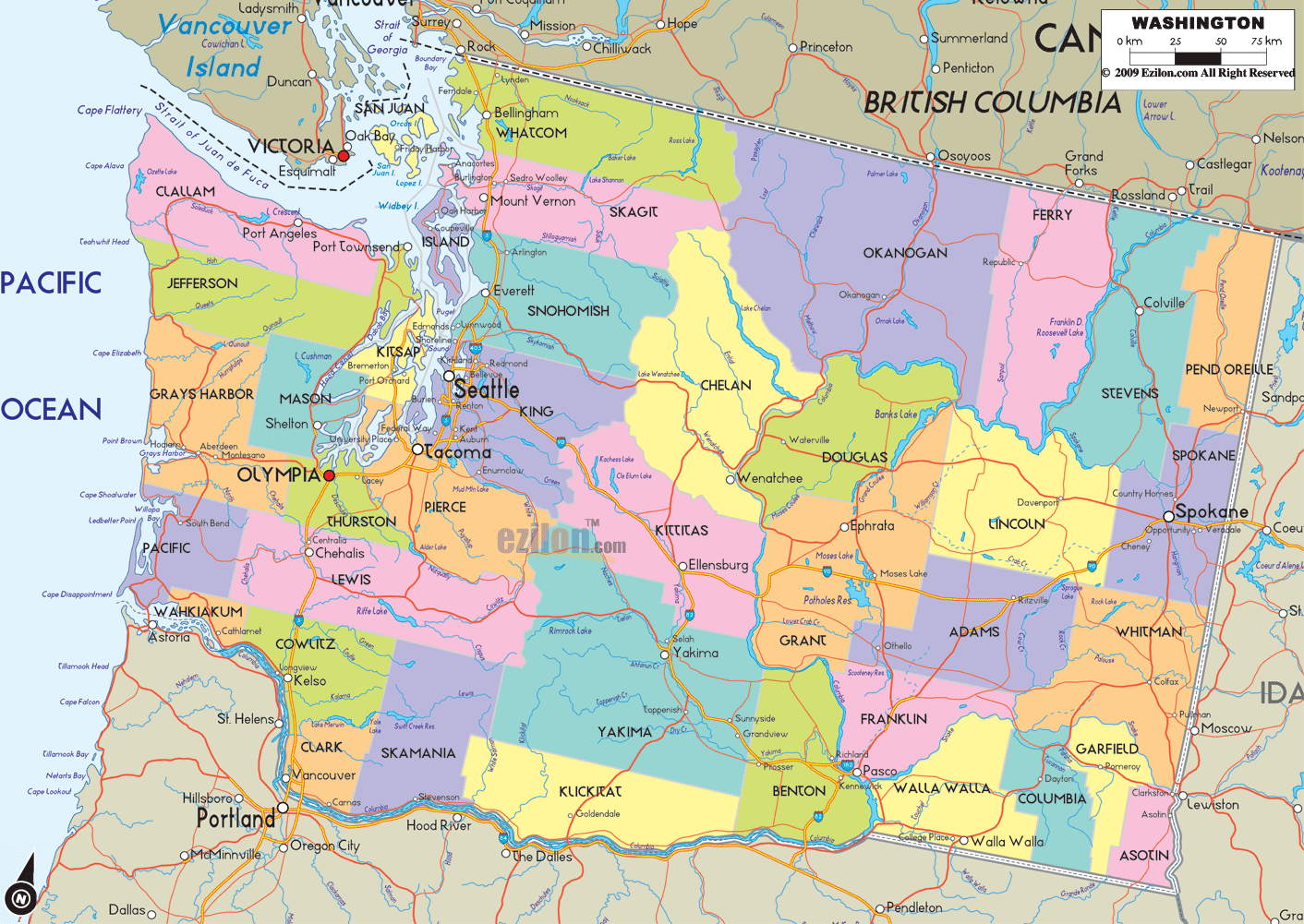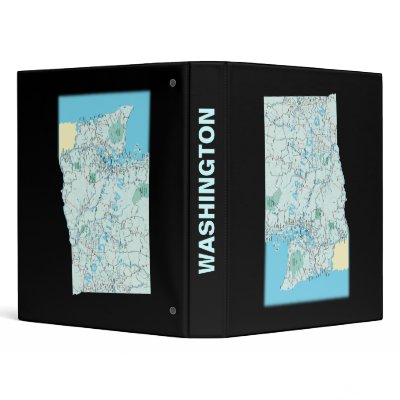Blue Highways: Lewiston, Idaho
Unfolding the Map
 We cross the Snake River and leave the state of Washington and Clarkston behind. Entering Idaho, we take a little time in Lewiston to explore William Least Heat-Moon's mention of a potlatch and relate it to the season that we find ourselves in at the writing of this post. To see the close symbiotic relationship between Lewiston and Clarkston in geographical space, try navigating over to the map!
We cross the Snake River and leave the state of Washington and Clarkston behind. Entering Idaho, we take a little time in Lewiston to explore William Least Heat-Moon's mention of a potlatch and relate it to the season that we find ourselves in at the writing of this post. To see the close symbiotic relationship between Lewiston and Clarkston in geographical space, try navigating over to the map!
Book Quote
"Lewiston, some residents think, looks like a European mountain town, what with its old brick buildings pressed in the valley. Maybe so, although a yellow pother over it from the Potlatch particle-board mill on the Clearwater gave it the appearance of a one-industry town anywhere. A potlatch, by the way, was a Northwest Indian ceremonial feast in which the host either distributed valuable material goods or destroyed his own to prove his wealth. Which conclusion the Potlatch company had in mind I couldn't say."
Blue Highways: Part 6, Chapter 10
 Downtown Lewiston, Idaho. Photo at the Idaho Department of Commerce website. Click on photo to go to host page.
Downtown Lewiston, Idaho. Photo at the Idaho Department of Commerce website. Click on photo to go to host page.
Lewiston, Idaho
Now that we are past Thanksgiving and, if the Christmas music on store and restaurant speakers is any indication, into the season where we are supposed to think charitably of our fellow humans, the topic of the potlatch that LHM brings up as he drives into Lewiston, Idaho is very appropriate. I like how LHM points out the irony of the meaning of the potlatch with the use of the name by a corporation. In many ways the concept of the potlatch as practiced by natives and the tenets of capitalism that most advanced nations now practice (with all the ironies and hypocrisies that occasionally arise within market-based economies) couldn't be more wide.
This Thanksgiving, many people in the United States participated in the most benign form of a potlatch-type gathering - the Thanksgiving dinner. The Thanksgiving dinners that I experienced growing up and which I still participate in are potluck affairs. The term potluck might be loosely adapted from the Native-American term potlatch. In the Thanksgiving dinner, perhaps one person might cook a big turkey meal for friends, or cook the main portion of the meal and ask others to bring food to supplement the main dish. That's how I celebrated my Thanksgiving this year. Friends cooked the bird and my wife and I and other guests brought side meals like yams, cranberries and pies.
Whether one is celebrating Thanksgiving, Christmas or simply having an office potluck or potlucks among friends, the concept is similar. Everyone shares something, everyone gets something. Often we also invite those family or friends that might be having economic or personal difficulties and can't contribute. The spirit of connectedness and giving associated with such events allows us to set aside the ordinary demands that everyone contribute something or provide reimbursement.
A potlatch takes this farther. Potlatches were part of the fabric of "gift economies." Such economies were, in the United States, associated with tribes in the Pacific Northwest but are also found in other areas of the world, particularly the South Pacific. In such societies, wealthy individuals (however wealth was defined) gave gifts to other individuals in the society with no expectation that their generosity would be returned. Of course, our societies now are based on barter or trade, in which the exchange of goods and services is accompanied by an expectation or a demand of recompense. It is seen as the hallmark of the advancement of a society if exchange systems based on barter or trade develop.
The potlatch allowed for the redistribution of wealth throughout the tribal community. A person proved his or his family's worth in the society not by endless accumulation of wealth, but by sharing it with others. The potlatch was a ceremony in which this transfer of wealth happened, and usually occurred around other special events such as weddings or births. Sometimes the gifts that were given weren't even used, but ritually destroyed.
To be clear, this custom was not about equalizing society. Potlatches were not some sort of pre-industrial communism. Instead, they reinforced the hierarchies in society. Those who had the most wealth cemented their importance by giving the most wealth away to others. They weren't lassaiz-faire activities either, in which people have the ultimate choice whether they are going to give to others. Instead, it was expected that the wealthy give up their wealth ritualistically and in practice. Those who didn't abide by societal expectations to give away their accumulation would have been shunned and maybe even driven away. However, such customs helped maintain the structures of society in that those who had power and wealth were accorded their due importance and it allowed those on the margins to continue to live within the society.
Both the U.S. and Canadian governments put into their federal law bans on the potlatch. The custom of giving among the natives, evidently, was seen as being antithetical to the process of Christianizing and civilizing the natives. In reality, the ban was difficult to enforce and the custom continued during the time of the prohibition underground with authorities often looking the other way. The last ban on the potlatch wasn't repealed until the 1950s.
I am struck by the fact that we cannot escape the question of whether, in our modern and civilized societies, we should or should not redistribute wealth. The current debate revolves around whether those who do not accumulate enough to escape poverty deserve to be helped, and whether those who have accumulated a lot, regardless of whether they accumulated their fortunes through inheritance or through hard work and sacrifice, should be compelled through taxes and other redistributive means to share with those less fortunate.
These arguments get more heated during uncertain economic times, such as the present. As I write, the "Occupy" protests have spread to a number of cities and among their amalgamation of concerns, one common issue that has emerged is the inequality of the distribution of wealth in our society. In our barter and trade economies, wealth is defined by what and how much is accumulated. With wealth comes power, and therefore those who have the most wealth and keep it are those who are the most powerful and who make the decisions for everyone. As wealth becomes concentrated among fewer and fewer people, we entrust the our main decisions to an ever-smaller group of decision-makers. This has fueled fears of an oppressive and tyrannical government on the right and an oppressive and tyrannical corporate structure that controls government on the left.
Like anyone, I have personal feelings on these issues. I'm not arguing that we should regress to a gift economy. However, I'm not opposed to more equal distribution of wealth and the redistribution of wealth through fair means. Just as some do not trust the government to make wise decisions, I trust a democratically elected government to make wiser decisions about what is best for the country than a small group of wealthy and powerful individuals. To be clear, I am not a socialist, but I don't mind paying taxes to ensure a more stable and fair society. I worry, based on history, that when societies become saddled with great inequality, that society becomes threatened. Our major economic growth has been based, historically, on the strength of a thriving middle class. As more people slip from the middle class into poverty, and as fewer people control the bulk of the nation's wealth, I fear that the "American dream" for most people will become more elusive and perhaps even non-existent. I like my country, and want to see it thrive, not endanger its existence.
As we head into this season of gift-giving, we are essentially doing a radical thing by giving as the season intends. We expect no return for our gifts to others. We do it because for a few days each year, we can feel good about being charitable to others. A side effect might be that we gain a reputation for being generous with what we have to others. Not completely unlike a potlatch.
Musical Interlude
I was listening to a James McMurtry album I picked up a couple of months ago when he came into town, and was struck how this song, We Can't Make It Here, is relevant today even though this song was written in 2004. A number of YouTube videos of this song had images that left no doubt about the political feelings of the video creators, though I suppose there's no doubt about McMurtry's feelings either. I think the words should speak for themselves as they sum up feelings that are being articulated in the current political debate. James McMurtry is a musician out of Texas and the son of famed author Larry McMurtry.
If you want to know more about Lewiston
City of Lewiston
LC Today: 60 Things to See and Do in the Lewis-Clark Valley
Lewis-Clark State College
Lewis Clark Valley Chamber of Commerce
Lewiston.com
Lewiston Tribune (newspaper)
Port of Lewiston
Wikipedia: Lewiston
Next up: Moscow, Idaho




 Sunday, November 27, 2011 at 11:21PM
Sunday, November 27, 2011 at 11:21PM






